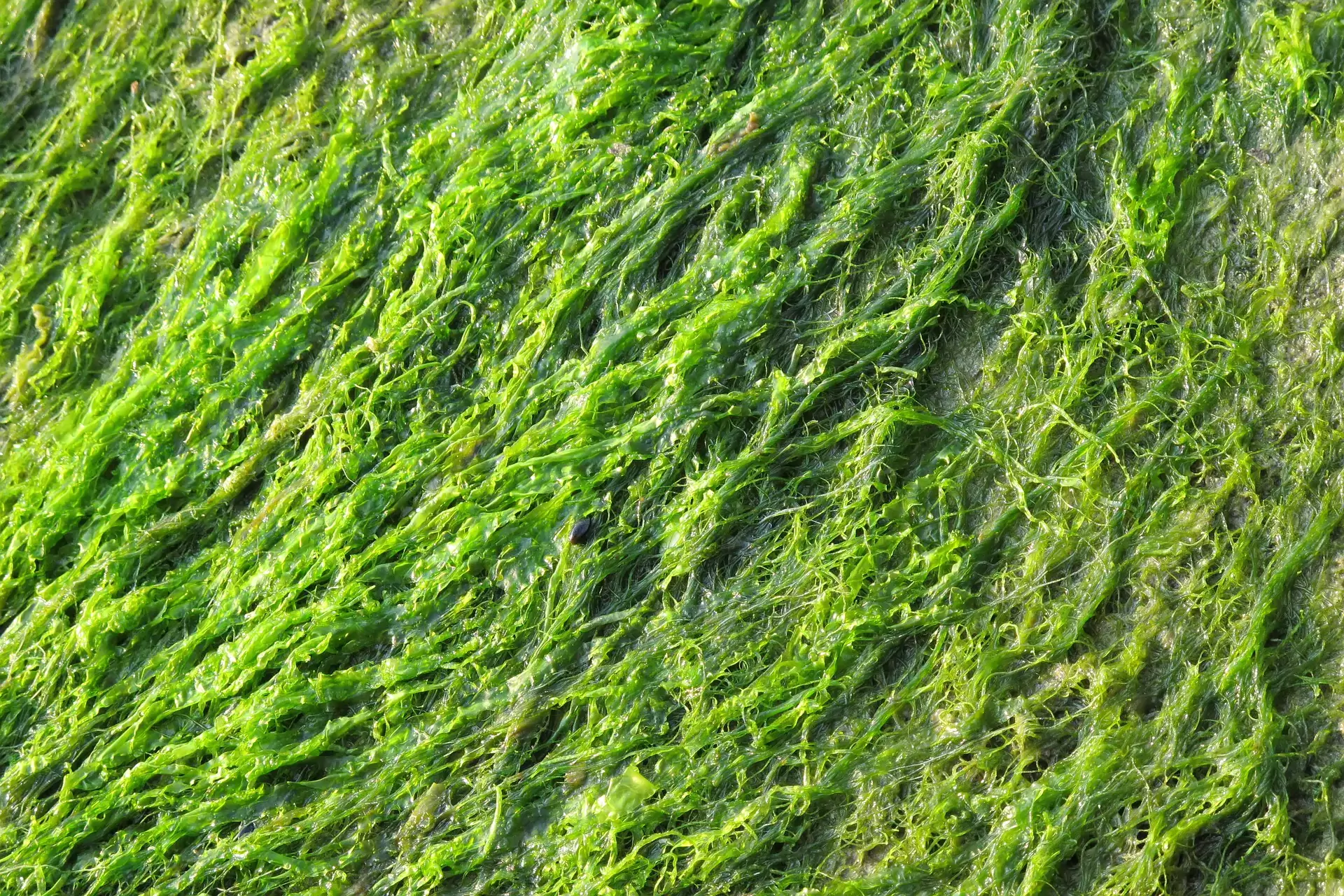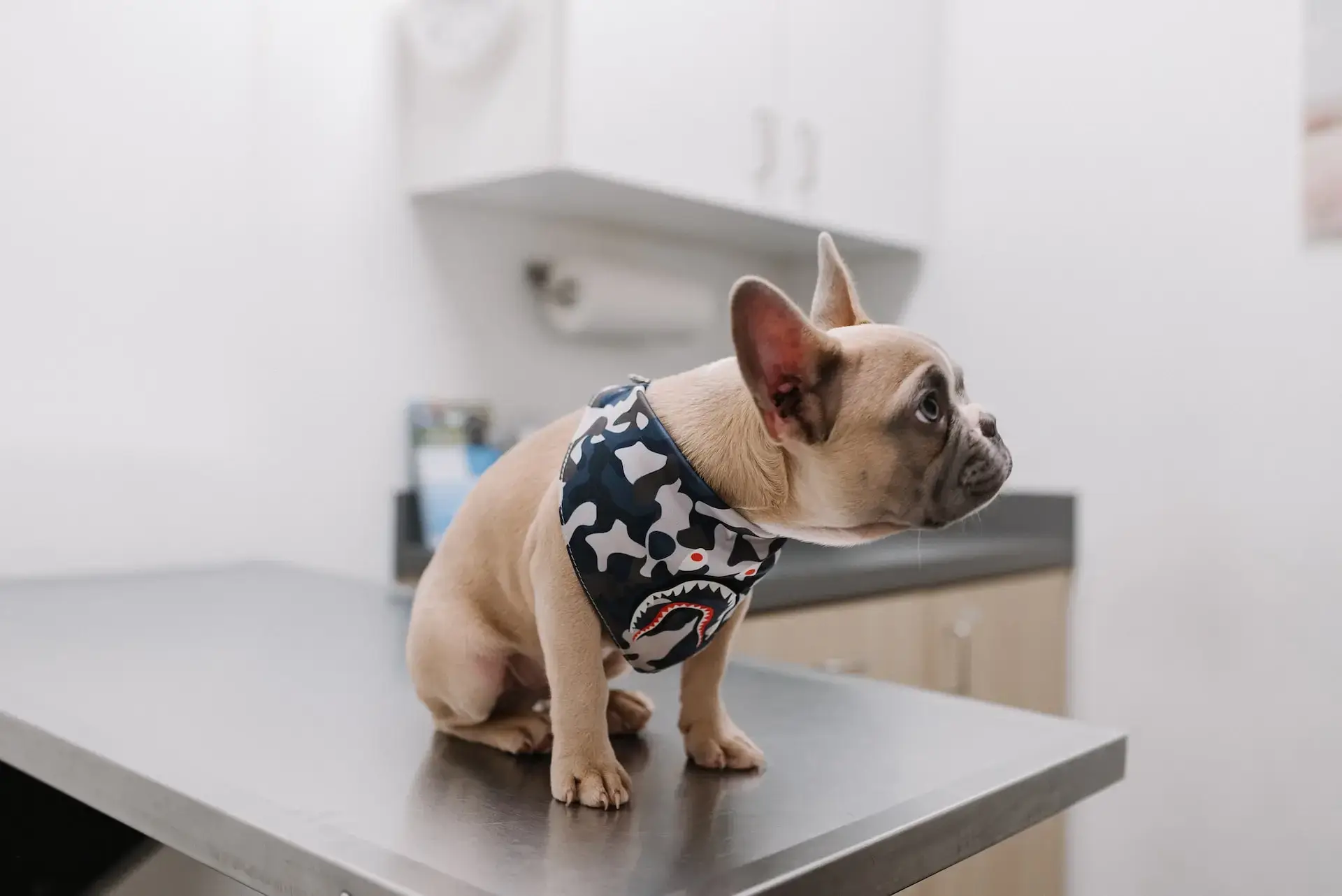Essential Advice on Feeding an Older Dog
Okay, so your dog’s love for food is pretty much eternal, right? But as he enters his golden years, his dietary needs start to shift. Time for some adjustments to his dining routine! Lucky for you, a local De Pere, WI vet is here to share some pearls of wisdom on feeding your older furry friend.
Adapt Your Older Dog’s Meal Routine as Appropriate
Ever wondered how often to feed your senior furry friend? Well, each dog has its own preferences, making it essential to consult your vet. However, generally speaking, Fido might appreciate several smaller meals spread out across the day. Breaking his daily intake into two to five servings could contribute to his comfort and happiness.
Supply Adequate Portions
Understanding the appropriate quantity of food to feed your furry companion isn’t always simple. It hinges on variables such as your dog’s size and the specific food he consumes. Begin by reviewing the feeding instructions provided on the food packaging. If you don’t find what you need on the bag, several pet food manufacturers offer feeding charts on their websites. However, it’s worth noting that these guidelines may vary slightly across different platforms and often lean towards the higher end. For instance, Purina may recommend 2 to 2-⅔ cups daily for a 26 to 50-pound adult dog, whereas Rover may suggest 2½ – 3¼ cups.
Generally speaking, it’s wise to decrease a senior dog’s caloric intake by approximately 20 to 30 percent. Nevertheless, as Fido ages, he might need additional calories to sustain his health and vitality. External factors like weather should also be considered; dogs with thinner fur may require slightly more food, particularly during winter.
Remember, your veterinarian is the ultimate authority on this matter.
Proper Timing for Transitioning Your Dog to Senior Food
The timeline for when a dog is deemed mature or senior differs significantly depending on the breed, primarily influenced by size. Larger breeds tend to age at a faster rate compared to smaller ones. While certain giant breeds might enter their senior years as early as five, a Chihuahua might not reach this stage until reaching the age of ten or beyond. Nonetheless, there are general benchmarks to consider. Typically, a dog is considered mature when it reaches the halfway mark of its average life expectancy. Once it surpasses the 75% threshold, it enters the senior stage. Dogs that exceed their anticipated lifespans are categorized as geriatric.
Keep Your Pooch Well-Hydrated
Hydration is key for your canine companion! For larger homes or multiple levels, a fountain or smart waterer can be a wise investment. Consider placing additional water bowls strategically around your home to encourage regular drinking.
Look Into Supplements
For older dogs, a plethora of vitamins and supplements are available, from multivitamins to antioxidants, amino and fatty acids, and prebiotics and probiotics, each boasting unique benefits. Omega-3 and -6, for instance, enhance skin, coat, bone, and joint health. Meanwhile, supplements like glucosamine and vitamin K focus specifically on bone and joint support. Even incorporating greens into your dog’s diet can be beneficial. Dogs with vision concerns may benefit from Vitamin A supplementation, although overconsumption can be harmful.
Prior to adding supplements, seek advice from your De Pere, WI vet. With any new supplementation, be sure to be vigilant for any possible reactions.
Pick Healthy Snacks
While your furry companion can still enjoy treats, it’s essential to choose wisely. Numerous store-bought options are high in calories and fat, offering little nutritional value. Opt for healthier alternatives or try making your own treats at home.
Add Fruits and Vegetables
Though categorized under Carnivora, Fido is an omnivore, not strictly carnivorous. While wild dogs predominantly feast on meat, integrating fruits and vegetables into their diet is advantageous. Consider offering your pup nutritious treats like carrot sticks, dried sweet potato slices, apple slices, or bananas. Before providing any snacks, ensure their safety for consumption.
Adding small amounts of pureed pumpkin to your pet’s meals is another option. Be sure to consult your vet.
Opt for the Proper Senior Dog Food
The world of pet food has expanded to offer tailored solutions for your dog’s unique needs. With a variety of options available, you can find specialized formulations without exceeding your budget. Opting for senior dog food can aid in weight management by providing fewer calories. Moreover, you’ll discover formulas addressing specific concerns such as joint support. Prioritize selecting a food that delivers the right balance of fat, protein, and essential nutrients for your beloved Fido.
Deciding whether to opt for wet or dry food for your senior dog involves careful consideration of various factors. Fido’s taste preferences, health conditions, and dental or dietary concerns play a crucial role in making the right choice. While wet food is often favored by dogs and beneficial for those with dental issues, dry food promotes dental health and offers cost-effectiveness and longer shelf life. Additionally, you can experiment with a combination of both types or moisten dry kibble with water.
As always, you should get personalized advice from your De Pere, WI veterinarian.
Ensure Dental Care Continuity
As dogs get older, dental issues become increasingly prevalent and can interfere with their eating patterns. Ensure your pet’s dental health by brushing their teeth frequently and providing dental treats or chews. If you detect any concerns, contact your vet without delay.
Adopt Senior Food Options
Keep in touch with your veterinarian to discuss Fido’s diet on a regular basis. Your vet can provide recommendations on the best time to switch to a senior formula food. Transition gradually over several days to prevent any digestive disturbances for your beloved furry friend.
Double-check Your Dog’s Food Temperature is Suitable
For optimal feeding, maintain Fido’s food at room temperature. If refrigerated, allow it to warm up for an hour before serving. When heating food in the microwave, check the temperature to ensure it’s safe for consumption.
Ensure Fido Has a Serene Dining Spot
Whether Fido eats peacefully largely depends on the size and setup of your home, as well as the number of pets you have. If he’s the only dog, placing his bowls in the kitchen or another convenient spot is fine. However, in a multi-pet household, mealtimes may become chaotic. It’s advisable to designate a separate dining area for your senior dog to enjoy his meal without any disturbances from his roommates.
Consider Elevated Food Bowls
When choosing Fido’s bowls, consult your vet for individualized advice. Raised dishes can provide added comfort, reducing the need for him to splay his feet or lower his neck excessively during meals. However, be cautious of potential bloat issues, particularly for larger dogs, associated with these dishes.
Pay Attention to Avoid Overfeeding the Pup
As Fido matures, his appetite remains constant, yet his activity levels may gradually decline, mirroring the natural slowing down that occurs with age. Your beloved companion may no longer exhibit the same zest for zooming around, perhaps finding contentment in observing the antics of yard squirrels rather than actively pursuing them. However, this shift in behavior signifies a decrease in calorie expenditure. Consequently, if left unchecked, it could lead to a concerning cycle of reduced activity and potential weight gain. As Fido’s weight increases, so does the challenge of maintaining fitness, thus perpetuating a cycle where decreased fitness contributes to further weight gain.
Monitor your furry friend’s body condition closely, especially as he ages, as older dogs are susceptible to obesity. Address any weight gain promptly by consulting your vet for personalized portion size and snack recommendations. You may need to measure your pet’s food meticulously to ensure he receives the precise calorie intake required, neither exceeding nor falling short of his needs.
As your dog enters his senior years, his nutritional demands will alter. Switching to senior food, incorporating supplements, and adjusting meal schedules may be necessary. Seek specific advice from your De Pere, WI veterinarian to ensure your aging pet’s nutritional requirements are met appropriately.
Need answers about your dog’s health or care? Contact us, Happy Tails Veterinary Clinic, without delay!



